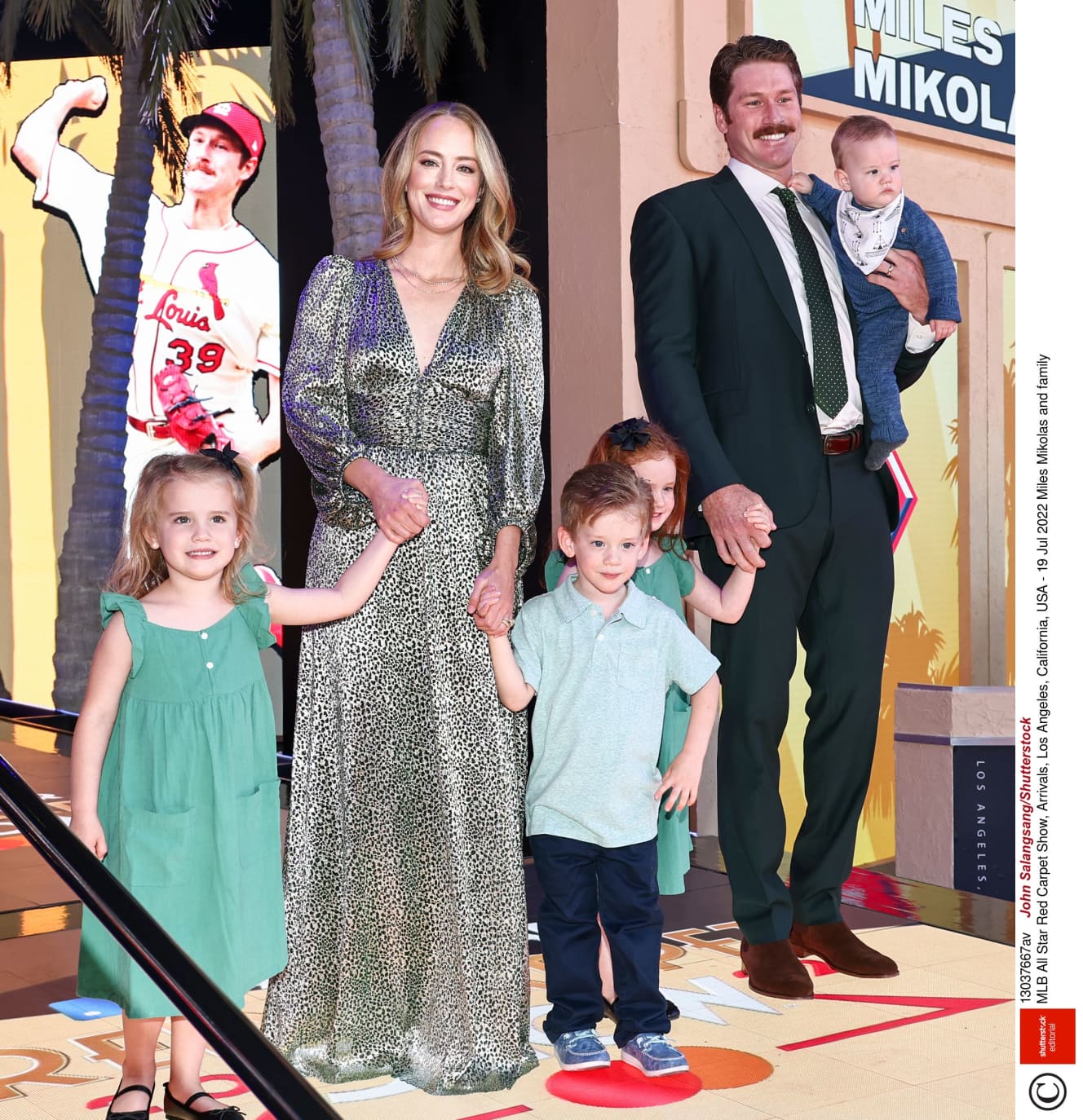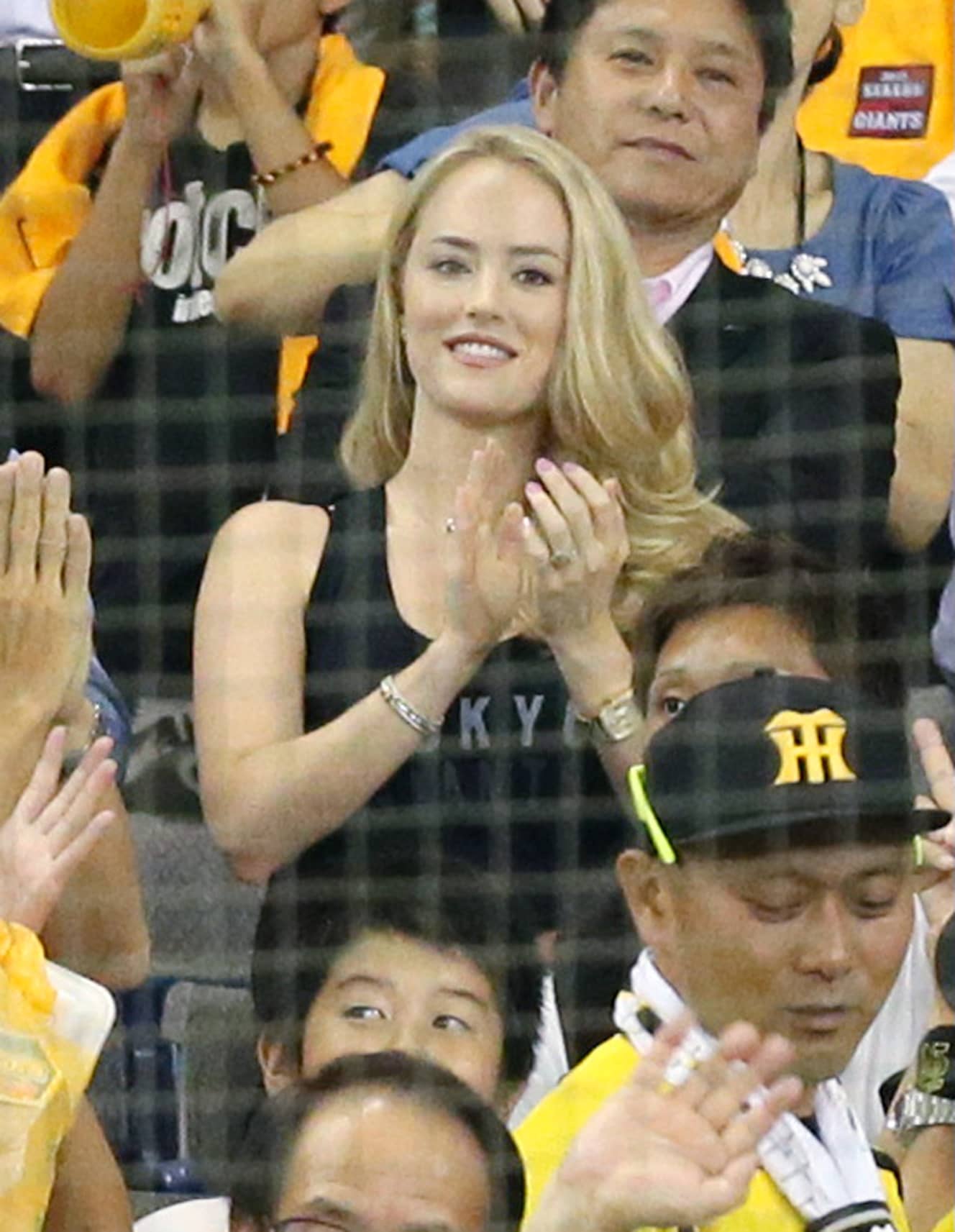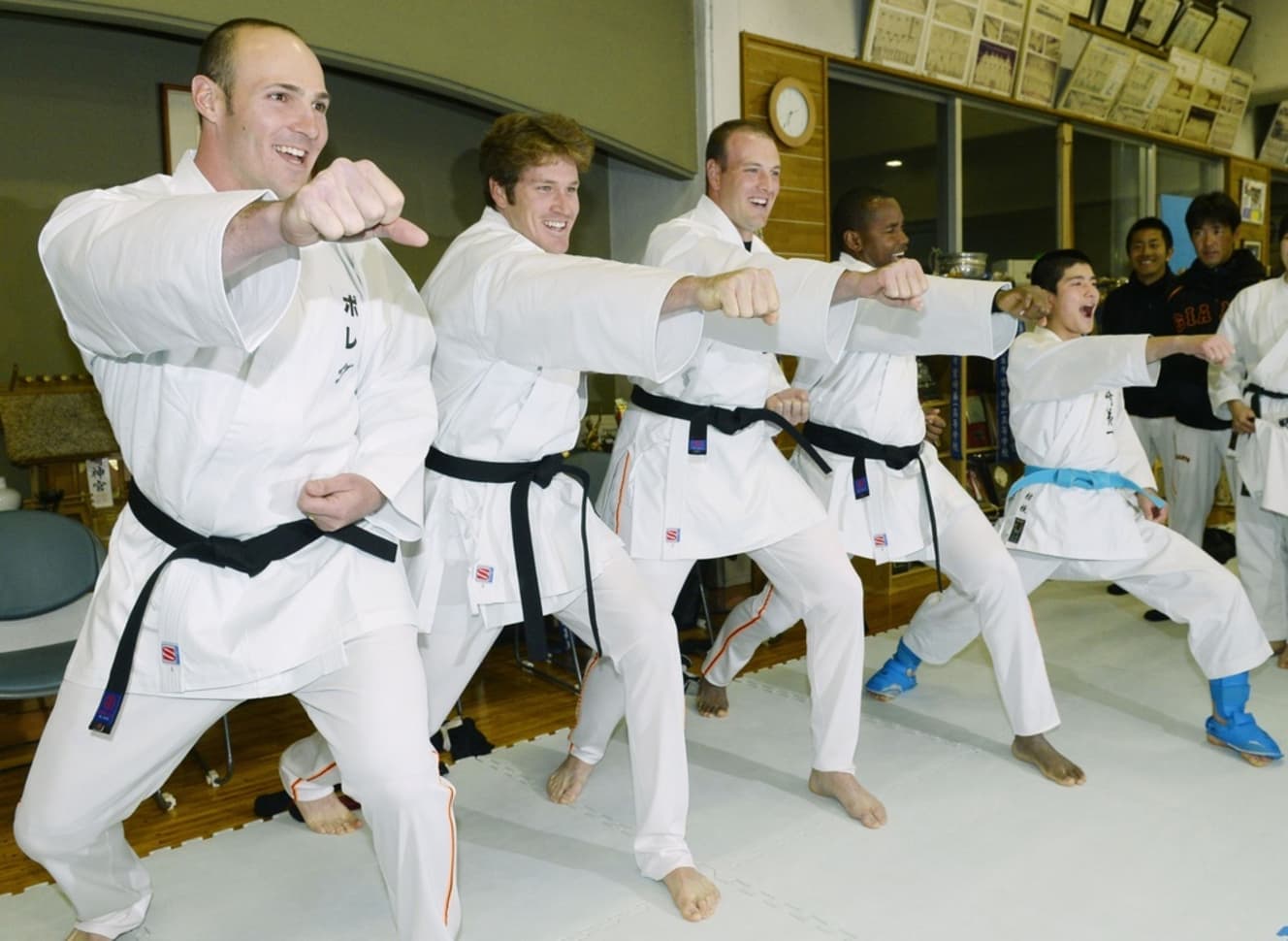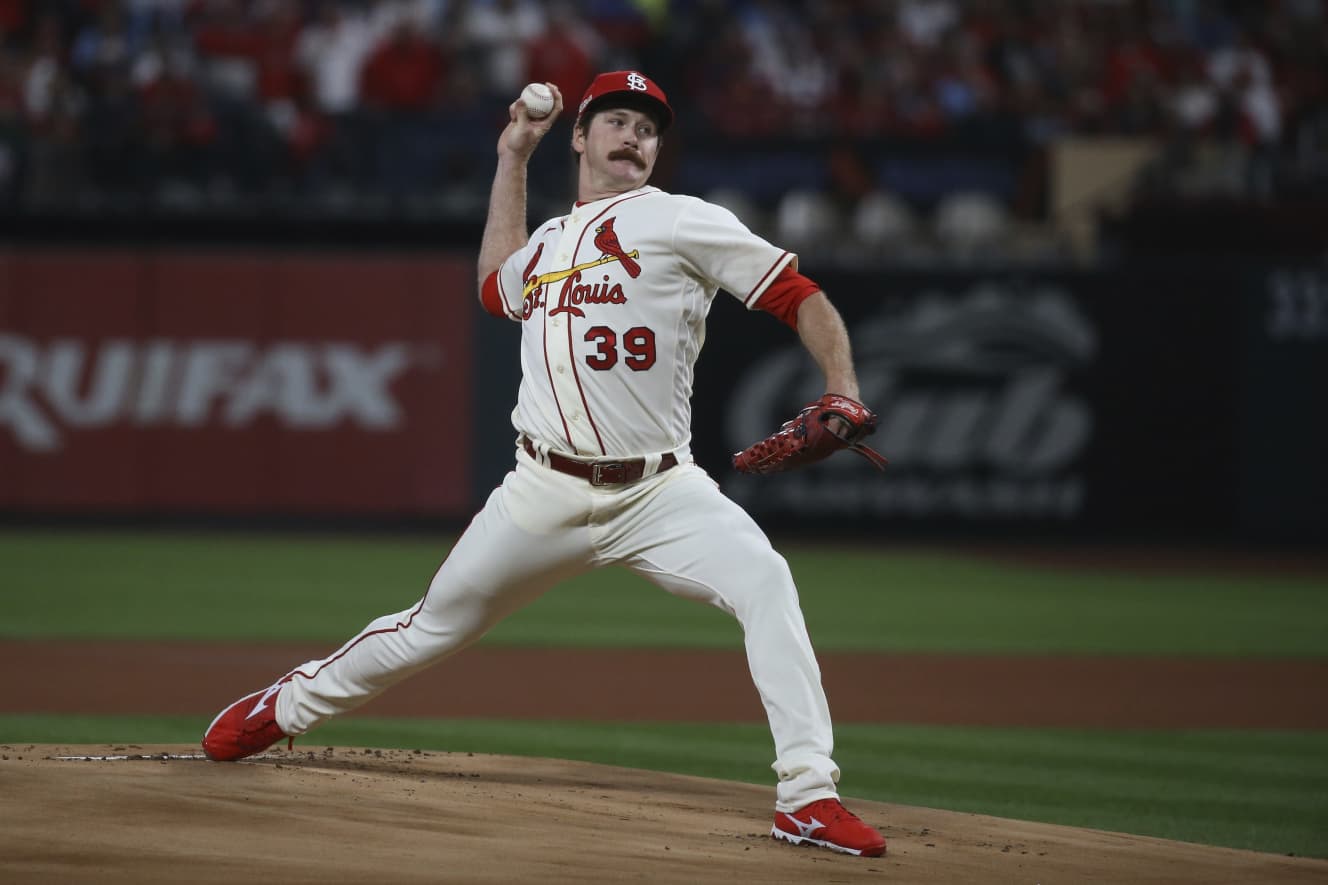Shohei Ohtani, Darvish, Seiya Suzuki and others are also competing… “Surprising Major Pitchers” who pose a threat to the Japanese WBC team.
Shohei Otani, Yu Darvish, and Seiya Suzuki. ……
Players active in the majors are likely to be named to the Japanese team for the World Baseball Classic (WBC) to be held in March 2011. Japan has been included in the same preliminary league, POOL B, as Korea, Australia, China, and the Czech Republic. The top two teams advance to the quarterfinal round, and the top four teams from POOL A compete for two spots in the semifinals.
Japan won back-to-back WBC championships in 2006 and 2009, and the teams at the time were led by Japanese major leaguers: Ichiro led the batting lineup in 2006, and Akifumi Otsuka was in charge of batting relief; in 2009, in addition to Ichiro, five major leaguers, including Daisuke Matsuzaka, Akinori Iwamura, Kosuke Fukudome, and Kenji Johjima participated. They participated.
However, in ’13, when not a single major leaguer participated, and in ’17, when only Nobuchika Aoki made the team, both were eliminated in the semi-finals. You can see how much the major leaguers have contributed to the tournament. This time, Otani and other players who have proven themselves in the U.S. will be participating. Expectations are naturally high.
Suzuki declared on his Instagram page, “I’m going to lift up (Hideki) Kuriyama, the manager of the Japanese national team. The motivation of the major players seems to be growing.
The biggest rival is likely to be the United States. Among pitchers, Wainwright, who has 195 wins in the majors, and Pressley, who led the Astros to the World Series championship with 33 saves this season, are among the representatives. Among the hitters, Arenado, who has won the home run crown three times, and Trout, who has hit 350 home runs in his career and is Otani’s colleague in the Angels, will be among the representatives. The total annual salary of the 30 representatives is 48 billion yen. The U.S. team has been dubbed the “Galactic Army” because of its extravagant lineup.
In 2006, when he returned to the Majors from the Giants, he won the most games.

Among them is a pitcher who seems to be a threat to Japan.
It’s the Cardinals’ Mikolas, 34, who was with the Giants from ’15 to ’17 and won double-digit games twice. In ’18, when he returned to the majors, he won the title of most wins with 18 victories. This season, he was again a pillar of the starting lineup, posting a 12-13 record.
On December 16, he appeared on “Hot Stove,” a media outlet specializing in the majors, and explained why he was eager to participate in the WBC: “(The WBC) is a great opportunity for Japanese players to get to know each other. The WBC is a big deal for Japanese players. Being able to represent your country is more important than the regular season for many players. Seeing the players excited about being selected made me want to be a part of it. I thought, ‘Maybe I can play against my teammates from when I was with the Giants'” (U.S.-based writer).
In the same media outlet, Mikolas said he was shocked by Otani’s hitting practice when he was with Nippon Ham and was surprised by Suzuki’s talent in the majors. It seems that he had a lot of trouble understanding Japanese baseball.
In a test pitching appearance immediately after joining the Giants, Maikolas suddenly showed off his no-hitter’s ability to hit batters in the head. His fastball was 150 km/h and his slider was sharp. However, when runners were on base, he would get frustrated and lose control of his pitches. He also looked down on the Japanese and refused to talk to his catcher, Seiji Kobayashi.
This angered Matheson, his colleague at the time. How long are you going to pretend to be a major leaguer? What is important in Japan is team harmony. The American way of doing things, where individual convenience takes precedence, will not work. Matheson had dinner with Mikolas every day. They even did zazen together at a temple to stabilize their mentality. From then on, Mikolas always consulted with Kobayashi about his pitching strategy. He pitched from a set position even when there were no runners on base. His control improved dramatically.
In the summer of 2006, after his return to the majors, Maikolas was interviewed by the New York Times and said, “I’m used to the precision of the Japanese. It was hard to get used to the precision of the Japanese. I had to put aside my pride as a major leaguer and be prepared to play as a Japanese professional baseball player. After all the hard work, Mikolas has integrated himself into Japanese baseball and has become familiar with its characteristics and strategies. If he could share information with other U.S. national team players, the Japanese national team could be made whole.



Photo: AP/Afro REX/Afro Jiji Press Kyodo News
